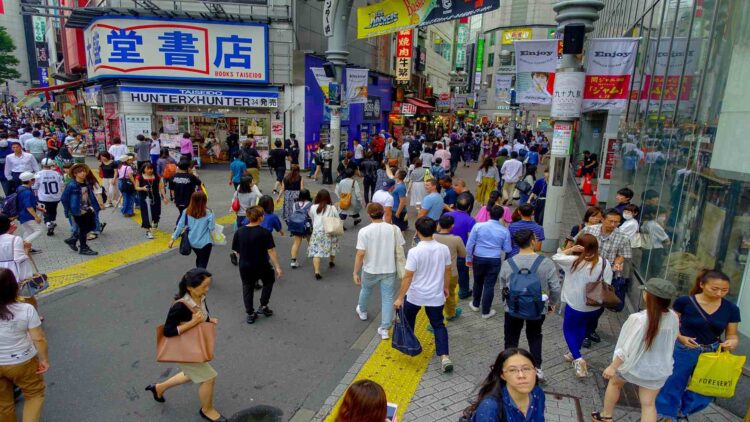Accelerating its free trade negotiations with Southeast Asian nations, the European Union (EU) has announced that it aims to conclude three new trade agreements by 2027. Deals with Malaysia, the Philippines, and Thailand are to be prioritized. This route is motivated by the EU’s attempt to strategically diverse away from trade dependency on the United States of America.
EU sets deadline to finalise key ASEAN trade deals
Maroš Šefčovič, the EU Trade Commissioner, has set the date to conclude free trade agreements, which will align with the 50th anniversary of the relations between the Association of Southeast Asian Nations (ASEAN) and the European Union (EU) in 2027. The alignment of these deals is strategically significant as well as a symbolic nod to the international relationship. Despite being the second-largest foreign investor in the region, the EU currently (and underwhelmingly) accounts for 10% of ASEAN trade.
“pushing to the finish line” – Maroš Šefčovič, EU Trade Commissioner
The 2027 deadline is aimed at motivating business and political stakeholders in the ASEAN group and Europe to conclude negotiations as soon as possible. This is particularly important as it is crucial to the EU’s competitive position in the growing ASEAN market.
Southeast Asia: the perfect opportunity for European market expansion
The push of these trade deals is part of the EU’s diversification strategy away from the United States of America (U.S.) due to trade tensions under U.S. President Trump’s term, especially because of increased U.S. tariffs on trade, particularly steel and aluminum, which have remained barriers to negotiations since 2020. Trade negotiations between Malaysia, the Philippines, and Thailand are being prioritized to move away from the current U.S. trade dependency.
In 2012, Malaysia paused free trade discussions with the EU due to disputes, such as regulations over palm oil and environmental mandates. In 2025, Malaysia resumed trade negotiations with the EU, 13 years after the pause. Despite the continuation of the trade negotiations, the EU is still prioritizing Malaysia and the other two markets of the Philippines and Thailand. Other than those nations, the EU has signed a free trade agreement with Indonesia, thus eradicating tariffs on most goods. This move is advantageous for the EU, standing as an example of the kind of negotiations the EU wishes to initiate with countries in the ASEAN group.
EU’s strategic footprint in Asia – strengthened by long-term goals
As part of the EU’s long-term goal to create a region-to-region EU-ASEAN trade framework, the EU has already signed free trade agreements with Singapore and Vietnam: a starting point for further negotiations across the Southeast region. The long-term goal includes the decrease of U.S. dependency.
Obstacles include:
- Ratification
- Agricultural sensitivities
- Tariff tensions
As the EU aims for agreements that will highlight collaboration between parties. To streamline economic exchanges and create stronger relationships, the long-term deadline is exceptionally important.
Key areas of collaboration include:
- Digital transformation
- Energy transition
- Innovation
- Climate policy
The development of free trade agreements in Southeast Asia is underscored by the delicate political balance needed to make acceptable progress, along with the maintenance of EU-Southeast Asia unity and credibility. Bilateral deals between the EU and the three Southeast Asian countries (Malaysia, the Philippines, and Thailand) will serve as the foundation for a complete region-to-region EU-ASEAN agreement. The outcome of the 2027 deadline will have a further impact on the EU’s long-term geopolitical and economic footprint in Asia, as it seeks to decrease trade dependency on the U.S. Seeking the establishment of economic pathways, the EU aims to develop its position as a global power, one that is capable of navigating multipolar trade relations.
The EU Trade Commissioner aims to enhance the EU’s position in the ASEAN market. By setting the 2027 deadline, the EU wishes to spur political and business contributors to quickly conclude free trade agreements between the EU and specified countries: Malaysia, the Philippines, and Thailand. If successful, the EU’s position of power will be solidified, and the EU will be able to push for a future region-to-region agreement.


